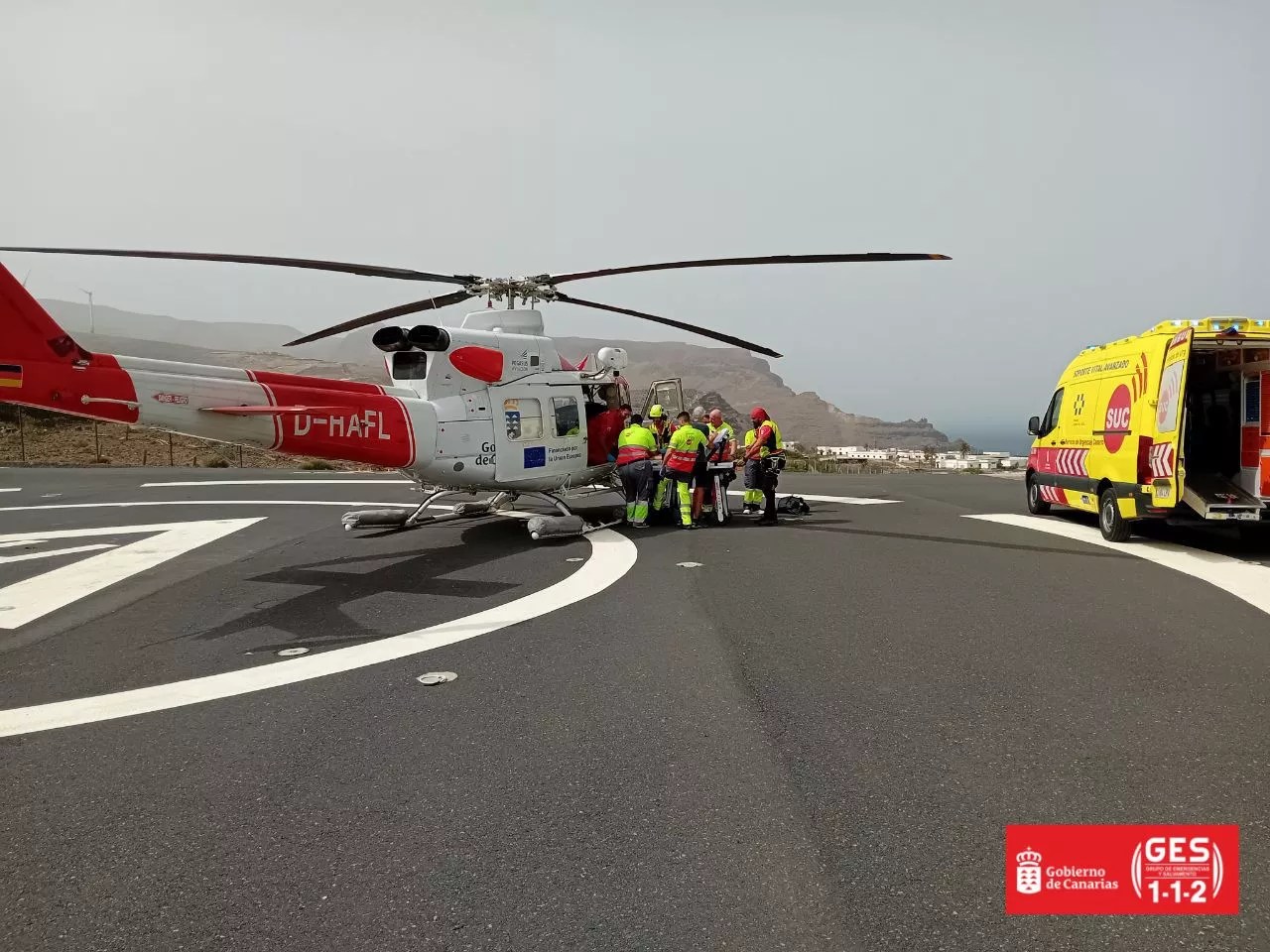
SANTA CRUZ DE TENERIFE, June 7. (EUROPA PRESS) –
The Canary Islands will host in 2023 the celebration of the ‘I International Forum on Marine Litter and Circular Economy in insular contexts (MARLICE ISLANDS)’, an international initiative that will bring together renowned experts in the field and different agents involved in this environmental problem on the islands that affects the entire planet, but with more virulence to the insular territories.
The announcement was made in the Parliament of the Canary Islands on Tuesday by the regional president, Ángel Víctor Torres, who highlighted the importance of holding this event to analyze all the information available on global marine litter, create synergies between all participants and analyze successful experiences that can be extrapolated to the Canary Islands.
The Autonomous Ministry of Ecological Transition, Fight against Climate Change and Territorial Planning is already working together with the Spanish Association of Marine Litter, a national body that celebrates similar initiatives in other parts of the national scene and that represents a fundamental support in the development of this Forum.
In this scenario of global threat, the marine currents that act as transport vectors for this type of garbage dumped from the continental territories end up ending up on many occasions in the oceanic archipelagos such as the Canary Islands, affecting biodiversity and the highly vulnerable local fauna. An example of this is the confirmed data that 50% of the turtle strandings located on the islands showed signs of entanglement due to floating garbage.
With the celebration of this forum, the Ministry continues the monitoring, evaluation and fight against marine litter in the Archipelago that it has been carrying out in consortium with fourteen other partners within the framework of OCEANLIT (co-financed by the INTERREG MAC Program 2014-2020 ), with the aim of developing and implementing different specific indicators that allow monitoring and evaluating their impact on marine ecosystems.
















